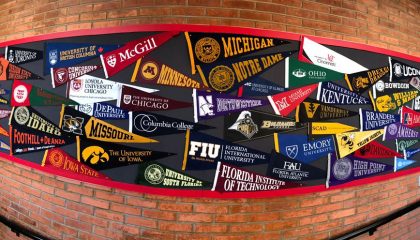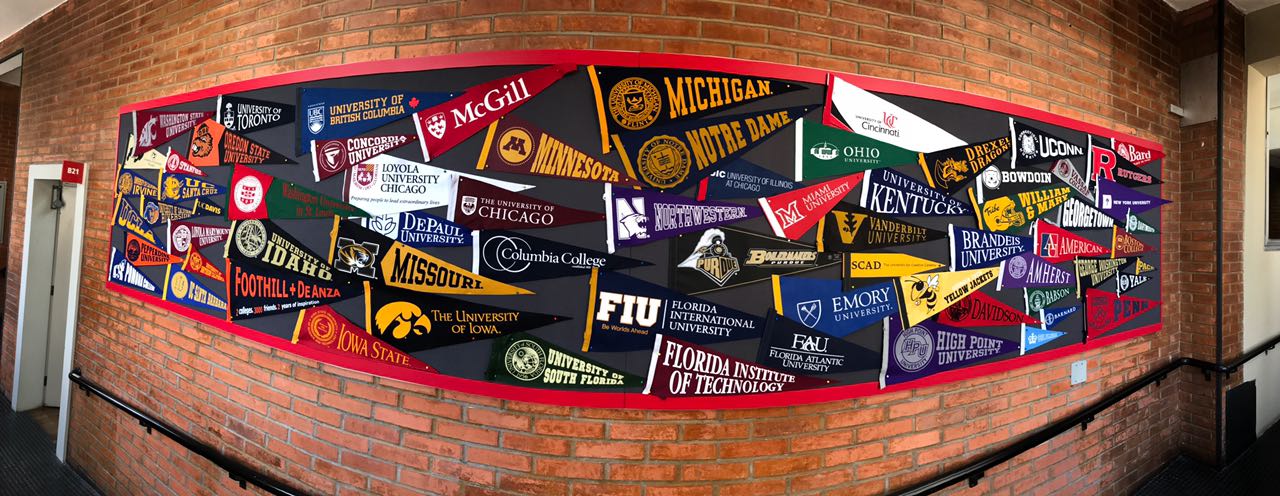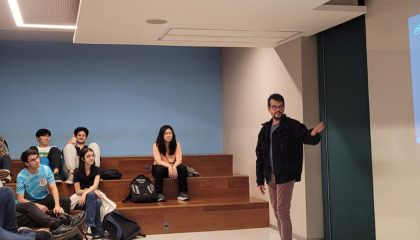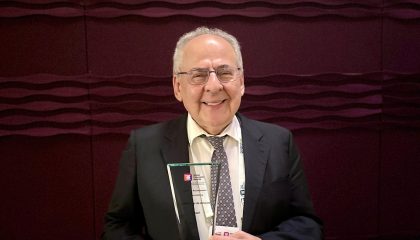In his most recent New York Times Opinion Column, Frank Bruni writes about “How to Get the Most Out of College”.
Bruni mentions that how a student goes to school matters much, much more than where. His focus is on optimal ways to socialize, to prioritize, to pick up skills integral to any career and to open up exciting opportunities both en route to a degree and after acquiring it.
Many students, nervous about a new environment, follow friends from high school or people whose demographic backgrounds match their own into homogeneous cocoons. That can indeed provide solace and support. But it’s also a wasted opportunity — educationally, morally, strategically. Diversity opens you to an array and wealth of ideas, and being comfortable with it is an asset in just about any workplace or career. You can decide to establish that comfort in college.
But perhaps the most important relationships to invest in are those with members of the school’s faculty. Most students don’t fully get that. They’re not very good at identifying the professors worth knowing — the ones who aren’t such academic rock stars that they’re inaccessible, the ones with a track record of serious mentoring — and then getting to know them well.
The study has not found that attending a private college or a highly selective one foretells greater satisfaction. Instead, the game changers include establishing a deep connection with a mentor, taking on a sustained academic project and playing a significant part in a campus organization. What all of these reflect are engagement and commitment, which I’ve come to think of as overlapping muscles that college can and must be used to build. They’re part of an assertive rather than a passive disposition, and they’re key to professional success.
Much more in the full article.





